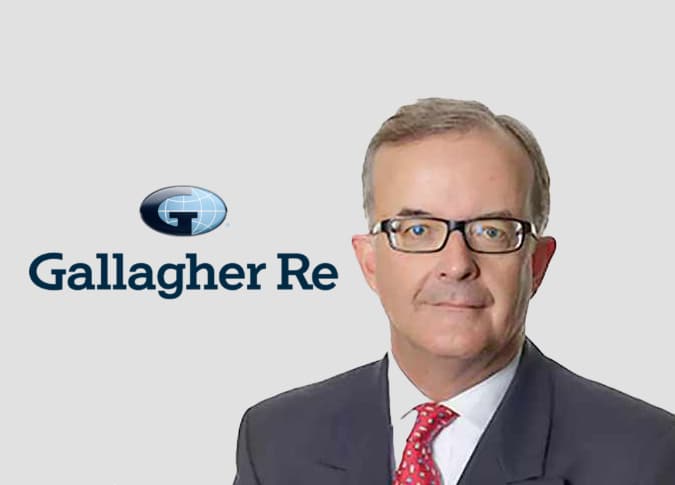For ILS funds, the challenge is not raising too much capital: Vickers, Gallagher Re

While conditions are extremely attractive for insurance-linked securities (ILS) markets right now and as a result ILS fund returns have been impressive, James Vickers, Chairman International, Reinsurance, at Gallagher Re cautioned that managers must be careful not to raise too much new capital.
ILS fund managers are experiencing increasing demand from investors, while investor interest is continuing to grow and also expand, with evidence of numerous new allocators assessing the ILS space at this time.
This has been driven by the much higher return-potential of ILS investments, thanks to higher reinsurance pricing and much-improved terms for capital deployment into reinsurance and retrocession, as well as catastrophe bonds.
While this is driving higher returns in 2023 and this is making ILS look much more attractive, in an interview Vickers of Gallagher Re noted the need for ILS managers to be particularly disciplined at this time.
Commenting on ILS investment managers, Vickers said, “They’ve obviously had a fantastic run for the first six months, posting some of their best returns, investors are flowing back into them.”
But he highlighted the challenge ILS managers now face.
“I think the challenge for some of the best ILS fund managers who’ve achieved strong returns is not taking on too much capital,” Vickers told Artemis.
Adding that this is, “Because they need to deploy it, but they want to deploy it at acceptable terms.”
It’s the perennial conundrum for ILS managers, in a cyclical industry like reinsurance, that when ILS is delivering improved returns it tends to become easier to raise capital, as investor interest rises.
But as this new capital comes in, it can soften rates and reduce the attractiveness of ILS as an asset class.
Something being evidenced today in a moderation of catastrophe bond pricing over the last quarter, as you can see in our charts.
Moving on to speak about the mid-year reinsurance renewals and the role of ILS markets and alternative capital there, Vickers noted that cedents now look at ILS capital a little differently and valued it highly in a market recovering from capacity constraints.
“I think the days of arbitraging ILS capital against traditional capital are well and truly over,” he explained.
Adding that, “There’s no doubt that particularly for middle- and upper-layer peak zone catastrophe exposure, the improvements in the capital supply have been very helpful.”
Vickers sees recent catastrophe bond market dynamics as positive for cedents.
Saying, “In some of the recent deals that have closed, the spreads have come down and a number of the deals have been upsized which is an encouraging sign.”
He also pointed to another dynamic which is helping the ILS market be increasingly useful, in capacity terms, the fact some trapped capital is becoming available again.
“I think the way Hurricane Ian is developing is helpful as loss reserves are coming down allowing collateral to be released,” Vickers said.
Closing to explain, “That adds to a bit more liquidity in the ILS market.”
Read all of our interviews with ILS, reinsurance and risk transfer sector professionals here.






